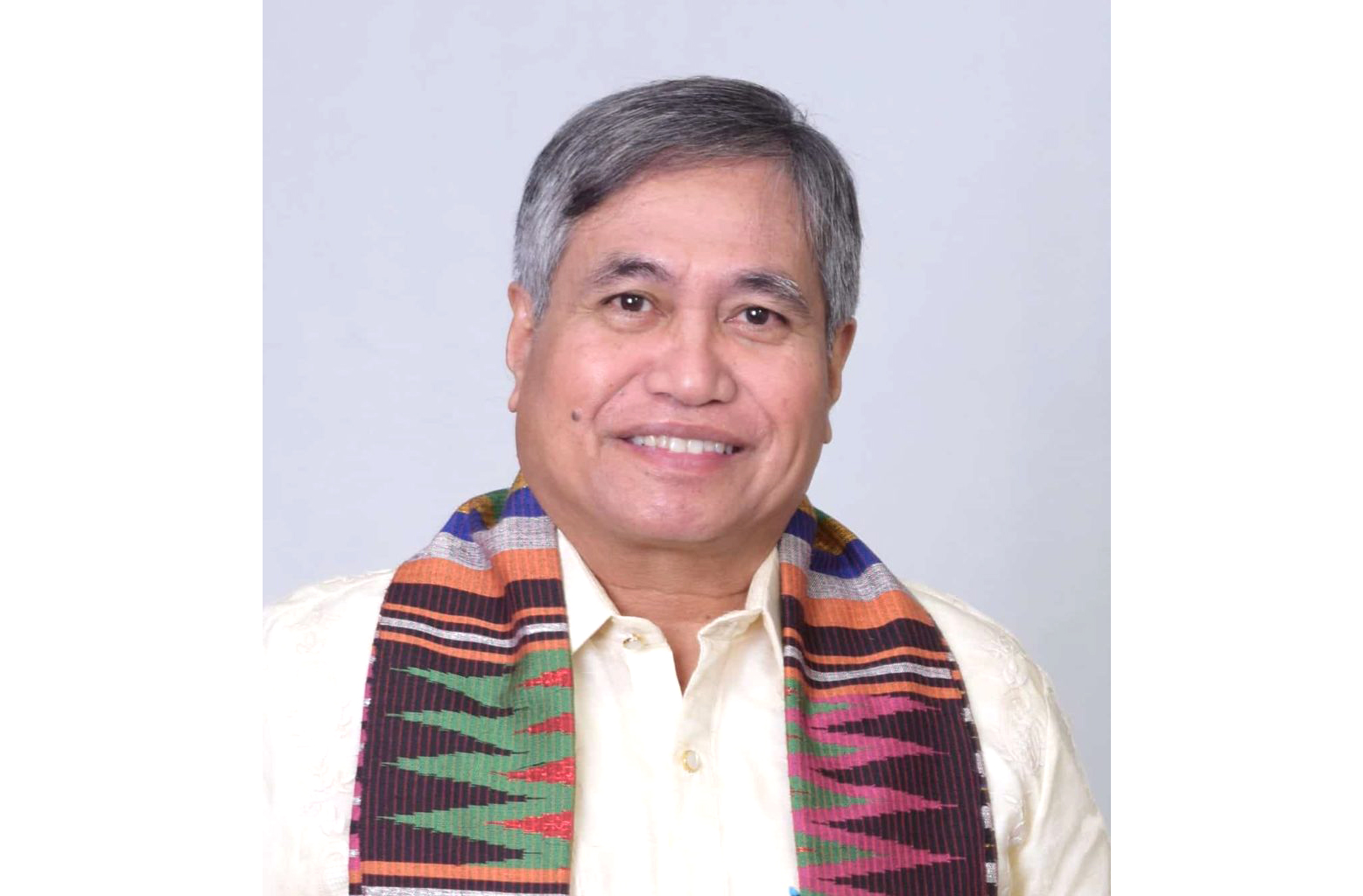FROM THE MARGINS

Two news items made me happy last week: the easing of inflation to a 16th-month low and the continuing improvement of the labor market, with joblessness projected to be reduced next year. Inflation is slowly being managed, but we need to be vigilant about the effects of global headwinds and weather disturbances on our economy.
The government is doing its best, but development requires private sector participation. Up-skilling our workers is crucial, as well as increasing agricultural productivity and supporting micro-small-and-medium-enterprises (MSMEs). Of course, nothing beats empowering ordinary citizens – especially the poor and the marginalized – to take care of themselves. Giving them access to financial and other resources so they can engage in income-generating activities is the best way to uplift them from poverty.
RAFI microfinance
The Ramon Aboitiz Foundation, Inc. (RAFI) is a family foundation founded in 1966 by Don Ramon Aboitiz, a well-respected businessman and philanthropist. Through the years, the Aboitiz family and RAFI continued what he had started, helping transform the lives of the poor in rural communities. Today, RAFI has transitioned from a philanthropic organization to a prominent social development institution in Visayas and Mindanao. The provision of microfinance services to underprivileged entrepreneurs is one of its main thrusts.
Established in 1998, RAFI Microfinance, Inc. (RAFI MFI) was previously known as Cebu Micro Enterprise Development Foundation Inc. (CMEDFI). It has grown by leaps and bounds, now having 293 branches in 25 provinces. It offers the following products and services: production/livelihood loans, such as Mauswagon Loan (for microentrepreneurs and start-ups); Mauswagon-Plus Loans (for individuals); Kabuhayan Loans (for hog-raising) and Maneho Loans (for transport industry). It also offers loans for family support, housing, education and disasters/emergencies, as well as micro-savings, remittance and micro-insurance.
RAFI MFI provides comprehensive microinsurance coverage to clients and their families by partnering with reputable insurance companies. It offers affordable products like the Kaagabay insurance for clients’ household, loan insurance, Family Relief Plan (burial assistance) and Protecsure Insurance against fire and calamity.
The foundation also offers non-financial services like: Learning Hub (livelihood training and other capacity-building interventions); Tindahan Ni Nanay (marketing platform for client products); and, Kaagapay Mo (health, social, and environmental protection services).
As of March 2023, RAFI MFI has 657,073 clients, with a total loan portfolio of P3.12 billion. Its outreach in terms of lives touched is 3.94 million, with 1,314,146 jobs created. It has an outstanding 98 percent loan repayment rate.
‘Bugsay’ philosophy
RAFI’s self-driven development approach was inspired by its former Chairman Roberto Eduardo “Bobby” Aboitiz, who challenged a group of young leaders in 2009:
“Bugsay is the Cebuano word for paddle. It enables you to make progress in life, but it requires you to make distinct decisions – you must first determine where you want to go, then pick up your paddle and apply effort, stroke by stroke, to get there.”
The Bugsay Philosophy is the cornerstone of RAFI’s thrusts and programs, with RAFI MFI providing support services to micro-entrepreneurs wherever they are in their business journey, enabling them to take holistic ownership of their livelihood, families, and communities. It works in synergy with RAFI’s other programs on leadership/citizenship, cultural heritage, education and biodiversity conservation.
The pandemic showed the Bugsay Philosophy at work: RAFI worked with its clients to cope with the crisis. RAFI MFI put on-hold loans and collections during the lockdowns, but supported clients through SMS, calls and social media postings. It launched a free virtual consultation service for clients and established a digital platform so they can advertise and sell their products online. It partnered with clients in Covid-19 response efforts: they supplied the dried fishes and vegetables in the food relief packages that RAFI distributed to local government units in Cebu and Bohol. The nanays of RAFI MFI also sewed 4,000 personal protective equipment (PPEs) that were distributed to hospitals and other organizations. They even produced banigs for distribution to street dwellers and stranded passengers during the pandemic.
An inspiration
RAFI MFI is truly an inspiration to many. It is a self-sustaining social enterprise which ensures that their clients are not only doing well, but doing good.
Moving forward, RAFI MFI plans to leverage on new technologies, investing on digitalization projects to further strengthen its operations, employee development and client services, especially through its cloud-based Oradian core banking system. RAFI MFI has launched the KaagAPPay client mobile app to enhance customer experience and improve operational efficiency. It has also upgraded the Tindahan Ni Nanay (TNN) Online Marketplace from a community marketplace platform into an online channel that offers business development and educational services to promote entrepreneurship, financial literacy and digital literacy among clients. RAFI’s aim is to equip clients with the skills they need to navigate the e-commerce space.
Helping our kababayans help themselves is the best approach to social change. In the words of Don Ramon Aboitiz: “The dignity of man is best respected by helping him realize his hopes and by sharing with him the burden of his fears.”
(Dr. Jaime Aristotle B. Alip is a poverty eradication advocate. He is the founder of the Center for Agriculture and Rural Development Mutually-Reinforcing Institutions (CARD MRI), a group of 23 organizations that provide social development services to eight million economically-disadvantaged Filipinos and insure more than 27 million nationwide.)